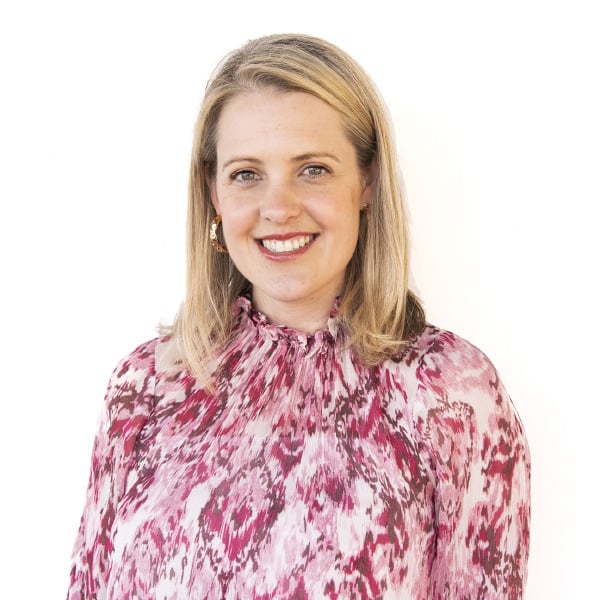An estimated 21,000 educators in early childhood education and care are needed to meet current demand, a new report has found.
According to the Jobs and Skills early childhood census, Australia is facing a significant workforce shortage with parents around the country struggling to secure early childhood services and qualified educators.
To address this, the study has found that the industry’s workforce would need to grow by 1.5 per cent every year for the next decade to ensure families do not continue to miss out.
A serious challenge, considering chronic issues in the system have led to alarming levels of burnout with experienced and qualified workers leaving the industry.
CEO of The Parenthood Georgie Dent said long-term reform has been long overdue.

She said the way early childhood education is viewed and valued also needed to change.
“Early childhood educators and teachers play a vital role in our communities,” she said.
“From supporting the development and education of children, helping ensure children arrive at school ready, helping parents get back to work and lifting the productivity and prosperity of our economy.”
Excessive overtime and lack of professional development combined with low pay and placement poverty have pushed many to the brink of quitting or making plans to leave this critical industry.
According to the census, early educators made lower average weekly earnings than storepersons or general clerks, despite needing to complete much higher levels of qualifications.
To address this, the report has recommended government contributions for long-term wage growth in the sector.
As a means of growing the number of educators in the sector, it has also called for more incentives that would encourage people to study early childhood education, including actively working to grow the First Nations educator workforce.
Additionally, the report has recommended that early childhood educators be included in employer-sponsored skilled visa programs.
Could the upcoming pay rise help?
Later this year, early childhood educators will also get a pay rise.
The commitment was made by the Federal Government in this year’s Budget, with Prime Minister Anthony Albanese announcing a staggered 15 per cent pay wage rise for early childhood educators.
Ms Dent said it’s a step in the right direction.
“The Prime Minister has communicated that he recognises that this profession – which is almost entirely female – is an invaluable, rewarding yet complex and challenging job,” she said.
“With some educators paid as little as $24 an hour, the historic pay rise is a significant turning point.”
To be eligible for the funding, childcare services must not increase their fees by more than 4.4 per cent over the next 12 months.
The wage increase will start at 10 per cent this December, followed by another five per cent increase next December.
The pay rise will mean that the average early childhood educator on the award rate will earn at least $103 more every week, and that will go up by $155 from next December.
In addition to better pay conditions, Ms Dent said the sector needed to find ways to retain workers in the long-term.
“To sustain demand longer term, we need to ensure that early educators and teachers are not only financially afloat, but have access to appropriate support, mentorship, career progression and benefits,” she said.
“This is particularly important in regional and rural areas where staff shortages are rife, forcing many services to cut enrolments or shut their doors altogether.
“Early childhood educators are key to a universal early childhood education and care system which children, families, communities and the economy depend on.”


